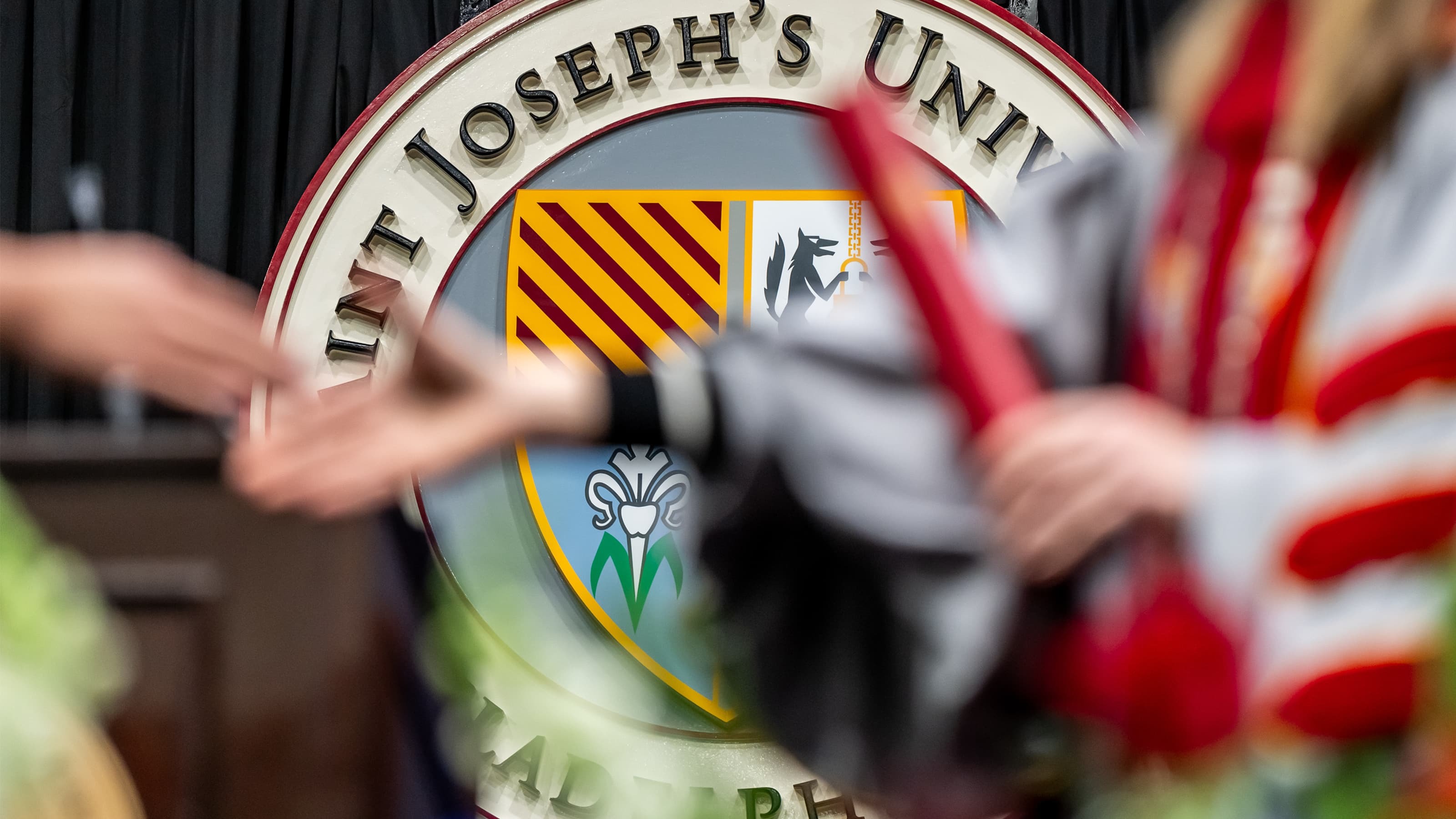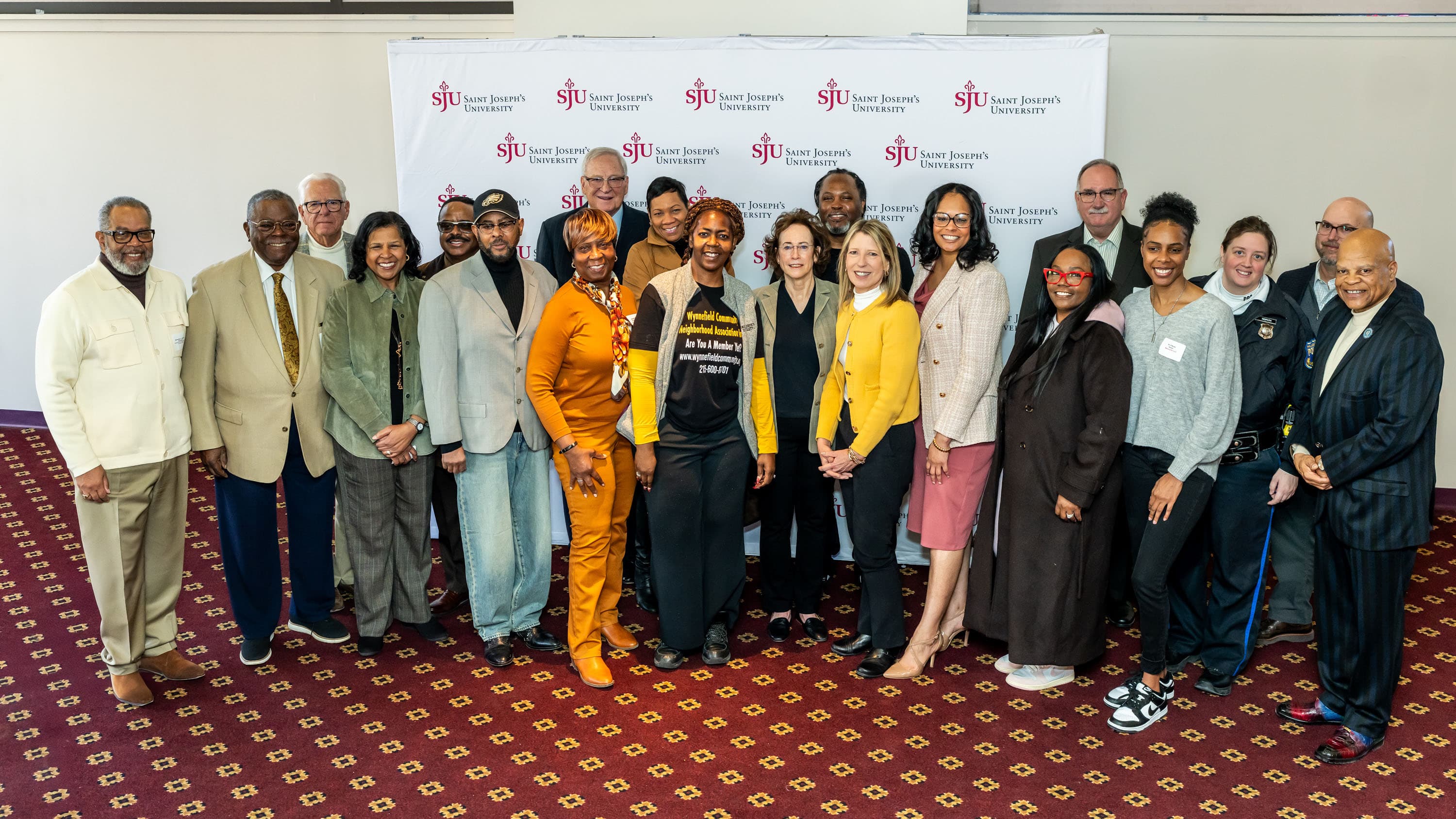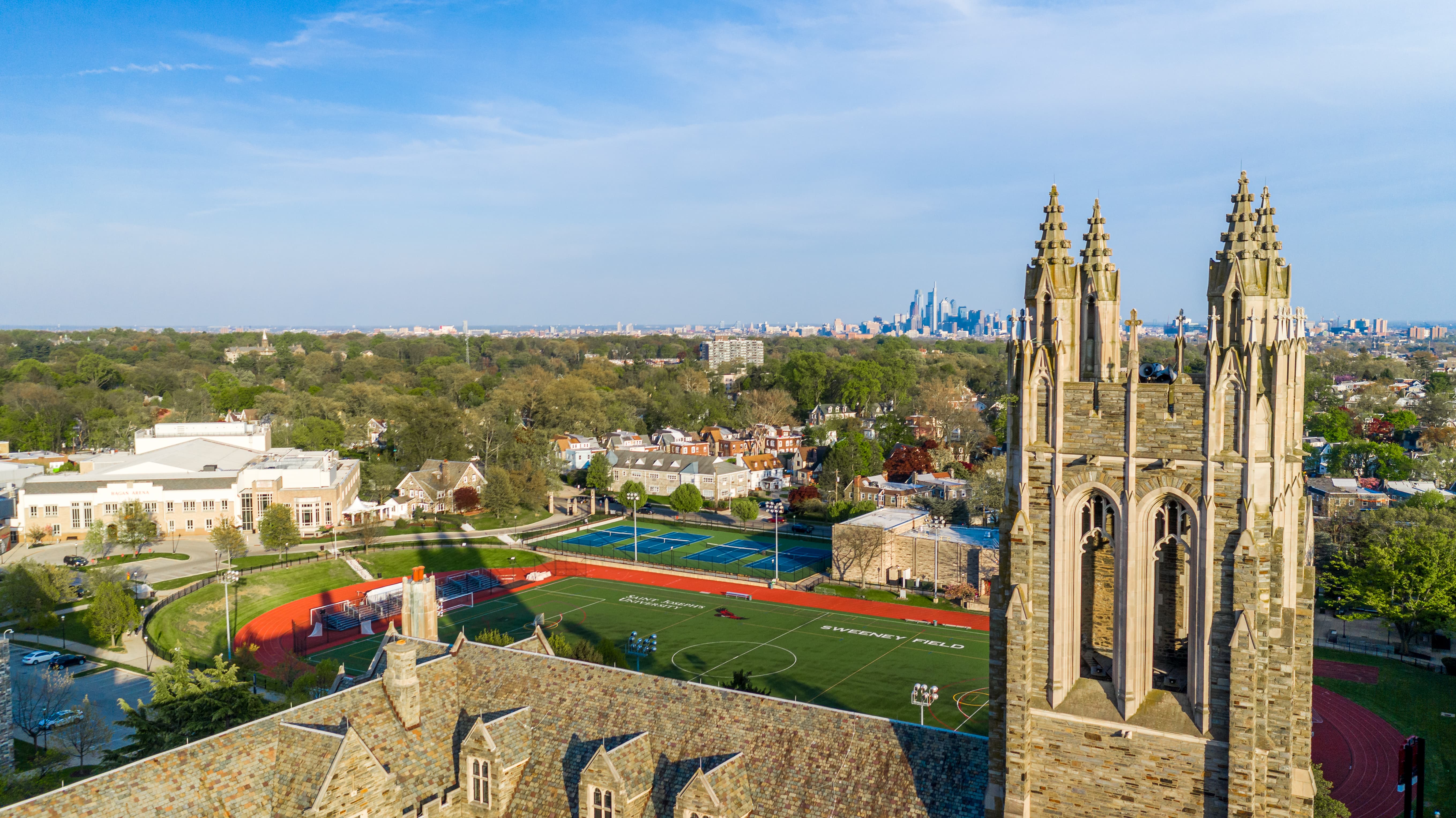Center for Addiction and Recovery Education Launches to Address National Addiction Crisis
The Center, led by newly appointed director Stephen J. Forzato, will draw on interdisciplinary scholars to address complex issues of addiction and promote recovery through education, research, policy and community engagement.

At a time when almost half of Americans’ lives have been affected by addiction, Saint Joseph’s University announced the formation of the Center for Addiction and Recovery Education (CARE). The newly established Center will address one of the nation’s most pressing issues and confront the stigma of substance use disorder through a strategic four-part mission: educate healthcare providers and the community, conduct interdisciplinary research on addiction issues, advocate for effective public policy, and activate community engagement.
Stephen J. Forzato was recently selected to lead the Center as its inaugural director. Forzato has more than three decades of experience in the community and legal aspects of addiction, having served as a consultant to the Pennsylvania Attorney General’s investigations of pharmaceutical manufacturers and of unlawful prescribing.
The Center for Addiction and Recovery Education was formed under the direction of Peter A. Clark, S.J., Ph.D., the John McShain Chair in Ethics, professor of medical ethics and director of the University’s Institute of Clinical Bioethics. Fr. Clark spearheads cutting-edge work in addiction issues in his role as director, most recently leading an interdisciplinary group that published a model for supervised use sites in Philadelphia. CARE will build on and extend the work of the Institute.
We recognized an opportunity to fill a critical gap in the nation’s approach to the addiction crisis by addressing it through a mission-driven and medical bioethics foundation."
Peter A. Clark, S.J., Ph.D.
Director of Saint Joseph's Institute of Clinical Bioethics“Our work at CARE will be grounded in compassion and will be in line with Saint Joseph’s Jesuit tradition of caring for the whole person. In all of our work, we emphasize the sanctity of all human life.” This approach stands apart from other addiction-related efforts that tend to focus on underlying causes of addiction, medical physiology or behavioral treatments.
Findings from Gallup show nearly half of U.S. adults, 46 percent, have dealt with substance use disorder in their family: 18 percent affected by alcohol and 10 percent by other substances, while 18 percent have experienced both. The Center seeks to advance the understanding of issues surrounding substance use disorder and recovery, lessen addiction’s impact on society, and reduce stigma on individuals recovering from addiction.
Since the Institute of Clinical Bioethics was first established, Fr. Clark and his team have developed an expanding group of regional, national and international healthcare collaborations. As a natural extension of these relationships, CARE will strengthen the education of health professionals regarding ethical considerations of addiction and address the provider burnout associated with being on the front lines of the national addiction crisis. CARE will also leverage scholarship and experience from across the University for various initiatives, education and research.
“As a Jesuit institution that encourages interdisciplinary theory and practice, we intend to bring together researchers from all of our schools and many of our departments, including medical ethics, psychology, interdisciplinary health services, pharmaceutical and healthcare marketing, management, business ethics, decision system sciences, student life, community relations and others,” noted Cheryl A. McConnell, Ph.D., provost and vice president for academic affairs. “Substance use disorder is a complex issue that requires a holistic mindset and coordinated action. Uniquely, Saint Joseph’s sits at the intersection of science and humanity, which we know is the optimal way to address addiction.”
“There is no better time to make an impact on addiction and recovery, and I’m honored to further Saint Josephs’ important work in this area through the new Center for Addiction and Recovery Education,” says Forzato, who has deep experience briefing and training numerous groups of community members, including educators, corporate executives and medical professionals, on current substance use disorder trends and identifying addiction in the workplace.
“This issue is very personal to me; I’ve seen first-hand through my previous law enforcement work the devastation that addiction brings to individuals, families and communities. A human-first, collaborative approach is the most effective approach. We will not only foster meaningful dialogue in the community, but will also create action by engaging diverse stakeholders.”
Forzato received his master’s in criminal justice, intelligence and analysis from Saint Joseph’s and bachelor’s in administration of justice from Pennsylvania State University.
For more information, visit sju.edu/care.



